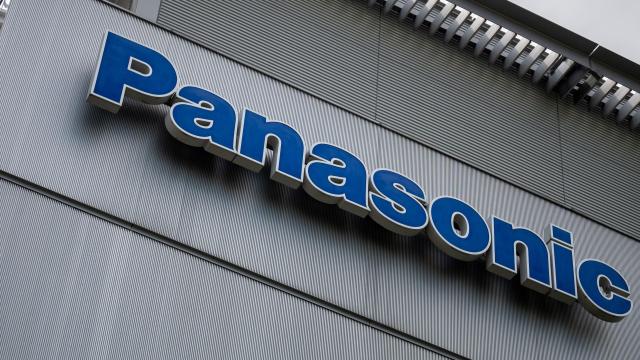Panasonic has announced plans to offer a four-day workweek to employees in Japan in an effort to improve productivity and attract better workers, according to a new report from Nikkei Asia. The move comes after the Japanese government made official recommendations to private employers in 2021 that included a shorter workweek.
The four-day workweek has been floated around the world in various forms from Finland to New Zealand. Sometimes, the shorter weeks just mean that employers make the four days of work longer, while maintaining something close to 40 hours. Other times the companies will actually be offering a shorter week with fewer total hours, so that people can pursue more leisure time or more education.
“We must support the well-being of our employees,” President and CEO Yuki Kusumi recently said, according to Nikkei.
From Nikkei:
Panasonic hopes to give workers more time to pursue their personal interests, whether volunteering or a side job. Details will be ironed out by each operating company.
Just 8% of Japanese companies offered more than two guaranteed days off a week in a 2020 survey by the Ministry of Health, Labour and Welfare. Those that do are usually looking to help workers meet the demands of their personal lives, like Yahoo Japan and Sompo Himawari Life Insurance, which began offering a third day off in 2017 only to those caring for children or ageing relatives.
Companies that have trialed a shorter work week, while maintaining competitive pay have generally found no loss of productivity. In fact, tech companies have found that slashing hours often leads to high productivity, not to mention more satisfaction among the workforce. When Microsoft in Japan tried out a four-day workweek in 2019, productivity shot up 40%, according to the Washington Post.
Despite having a reputation in the U.S. as a workaholic culture, Japanese workers actually work fewer hours than their American counterparts, according to the most recent data from the Organisation for Economic Cooperation and Development. The U.S. ranked 11th for most hours worked by the average worker among OECD countries, while Japan ranked 26th. The top five, in order, included: Colombia, Mexico, Costa Rica, South Korea, and Russia.
Americans have been promised a shorter work week for generations. In fact, economic experts of the 1960s were certain we’d be working just 16-hour workweeks by now, with robots doing the majority of the work. Your only problem was going to be what to do with all your leisure time.
An article that ran in a North Carolina newspaper on November 26, 1967 promised it all:
Those who hunger for time off from work may take heart from the forecast of political scientist Sebastian de Grazia that the average work week, by the year 2000, will average 31 hours, and perhaps as few as 21. Twenty years later, on-the-job hours may have dwindled to 26, or even 16.
But what will people do with all that free time? The outlook may not be cheery.
As De Grazia sees it: “There is reason to fear, as some do, that free time, forced free time, will bring on the restless tick of boredom, idleness, immorality, and increased personal violence. If the cause is identified as automation and the preference for higher intelligence, nonautomated jobs may increase, but they will carry the stigma of stupidity. Men will prefer not to work rather than to accept them. Those who do accept will increasingly come to be a politically inferior class.”
One possible solution: a separation of income from work; perhaps a guaranteed annual wage to provide “the wherewithal for a life of leisure for all those who think they have the temperament.”
Where did all of that leisure time go? Your boss used it to buy his second home.
